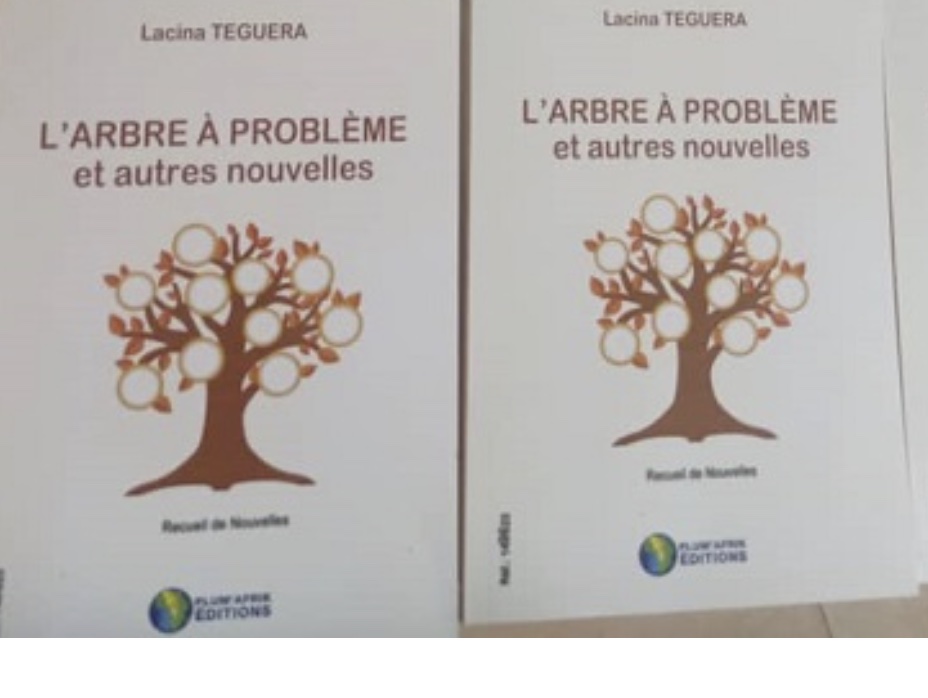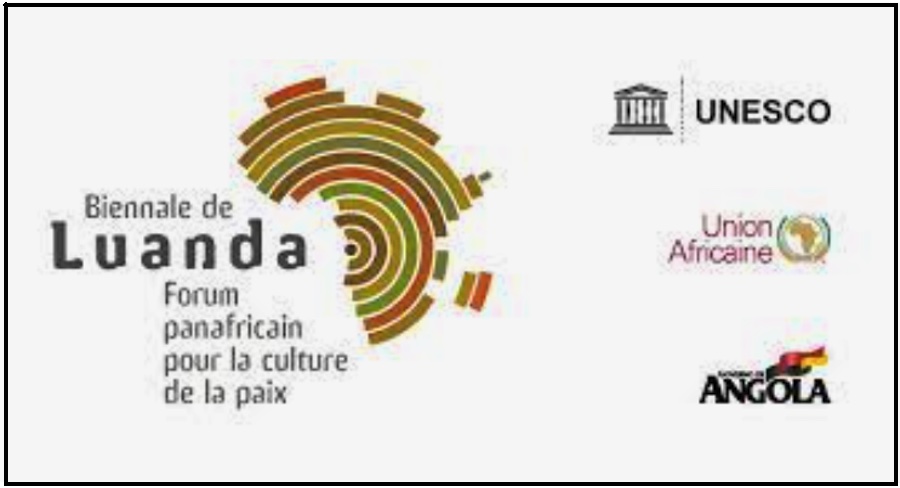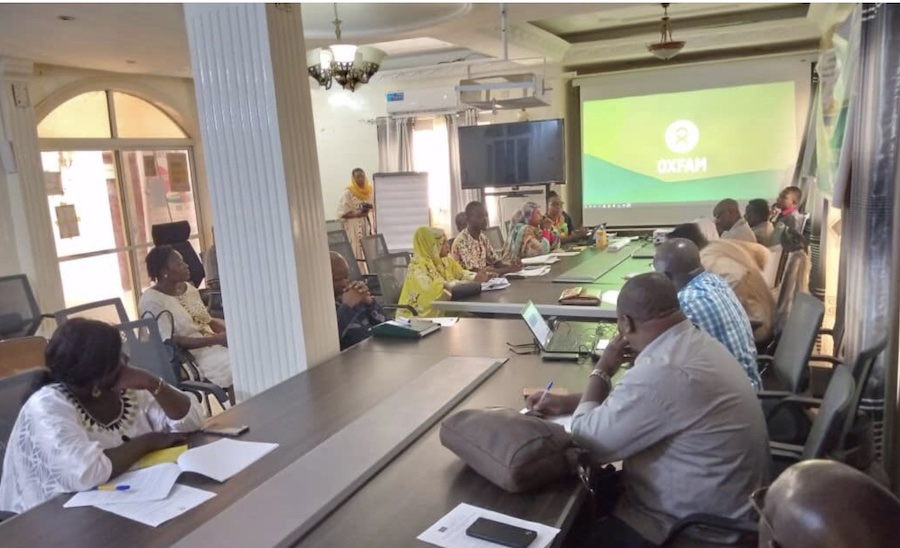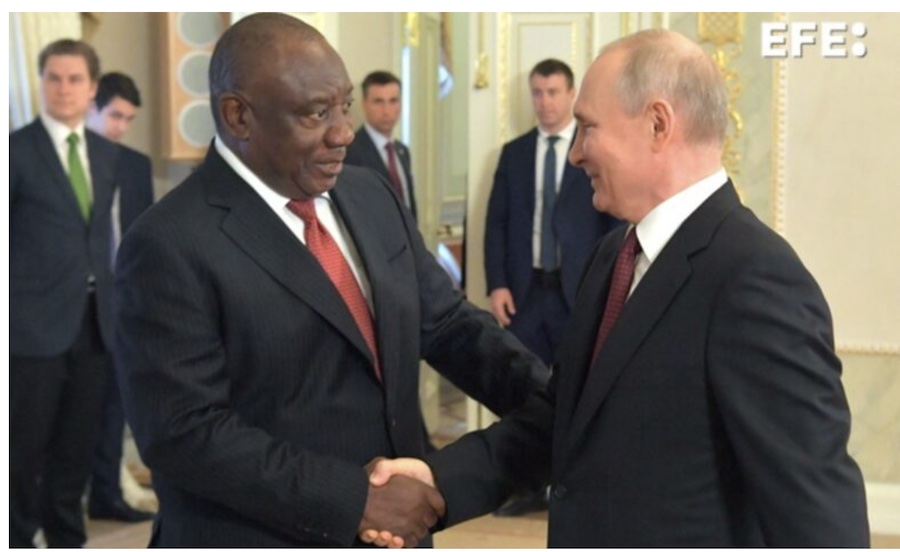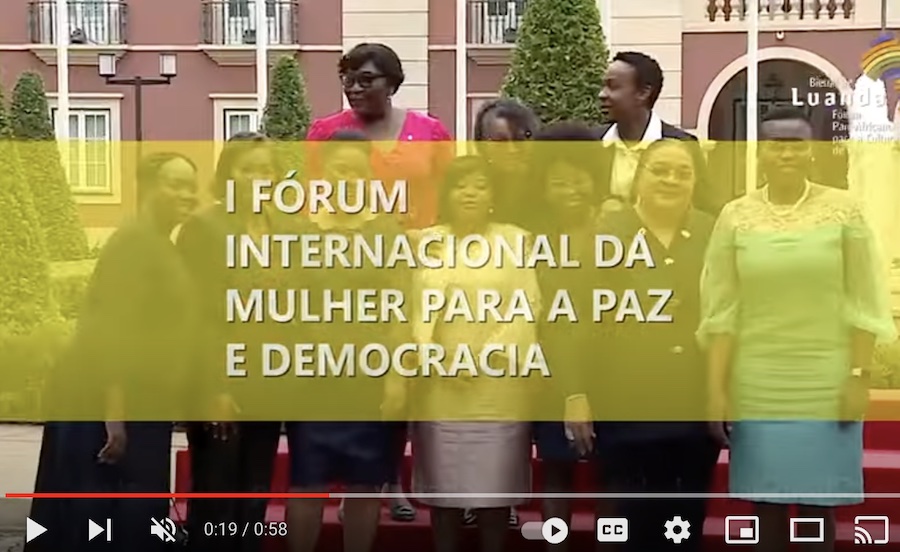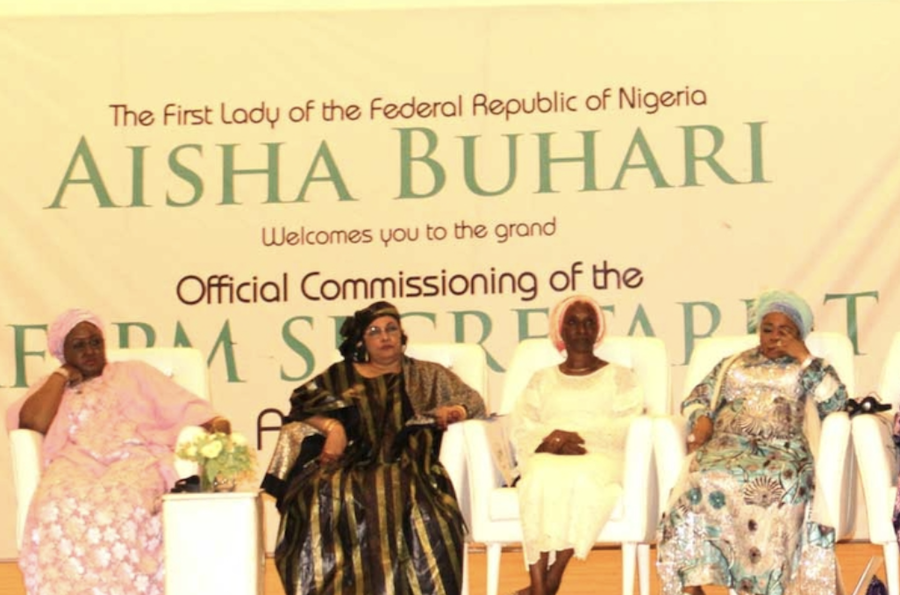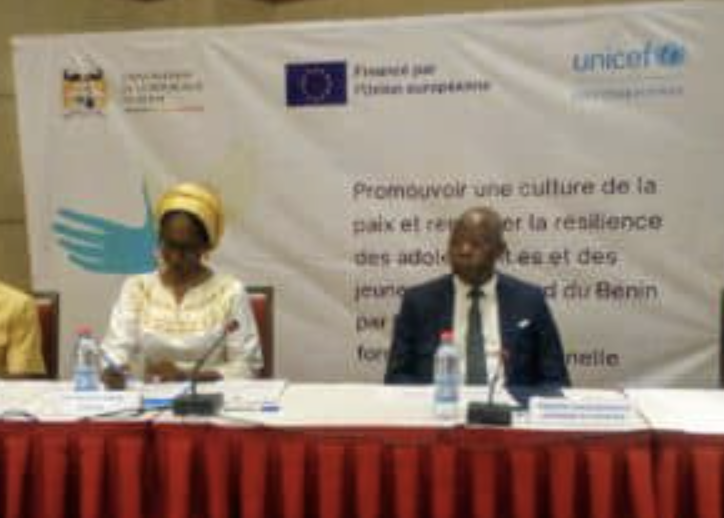. WOMEN’S EQUALITY .
An article from ECOWAS: Economic Community of West African States
About fifty Regional Stakeholders from the Regional Women Peace and Security Steering Group have converged in Lomé, the Togolese capital for a four day Capacity Building Workshop (Training of Trainers), 19th -22nd June, 2023, organized by the ECOWAS Directorate of Humanitarian and Social Affairs (DHSA) with the support of the ECOWAS Peace and Security Architecture and Operations (EPSAO) Project, co funded by the EU and the German Federal Ministry for Economic Cooperation and Development (BMZ) and implemented by GIZ.
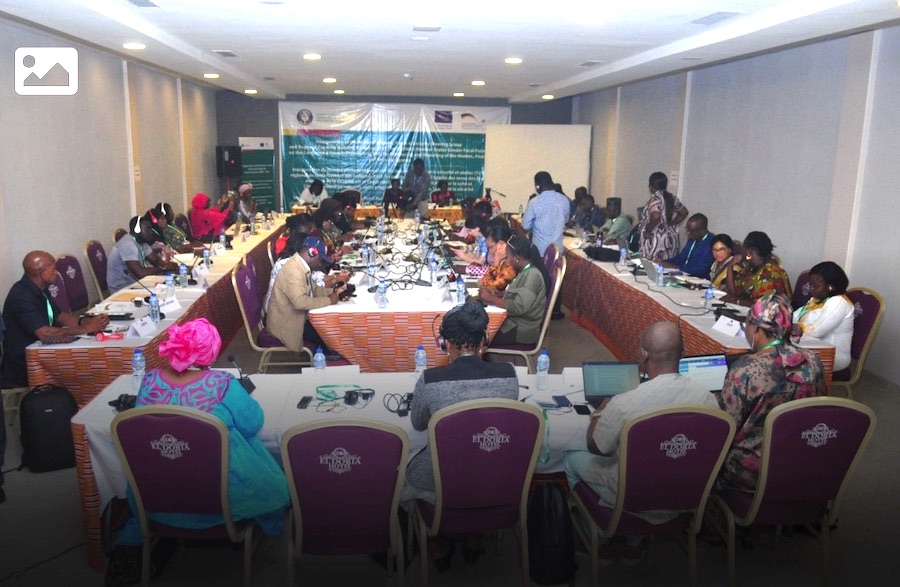
The Workshop on the African Union Continental Results Framework (CRF) is coming on the heels of the development of a Simplified CRF document by the ECOWAS Commission. The CRF is a tool that enhances the monitoring and reporting of WPS National Action Plans in line with the United Nations Security Council Resolution 1325 (UNSCR 1325). The Resolution accorded full recognition to the disproportionate impact of violent conflict on women and girls, the under-representation of women in formal peace processes and the undeniable value in women’s participation. It also clearly highlights the importance of mainstreaming gender throughout peace and security processes and architecture.
The workshop is expected to enhance the capacities of regional and national stakeholders in monitoring and reporting the WPS agenda using the CRF tool. It will also enhance the capacity of participants in delivering training on the Simplified CRF in future training and capacity building events, including the planned Pilot, In-Country Stakeholders Training, improving the understanding by key stakeholders of their roles in monitoring and reporting on the WPS agenda and strengthening the internal coordination of the Regional WPS Steering Group.
(Article continued in right column)
Can the women of Africa lead the continent to peace?
(Article continued from left column)
`
ECOWAS Commission’s Commissioner for Humanitarian development and Social Affairs, Professor Fatou SOW-SARR, in her welcome remarks, stressed the urgent need to ensure that Women in the region are included and involved in all national and regional peace and security agendas and processes to increase their involvement in conflict prevention, management, resolution, reconciliation and peace building. Additionally, she said that the data gathered from the workshop would enable the commission to generate input that can be used to formulate concrete policies, plans, programmes and activities aimed at empowering and involving women in the implementation of the various commitments of ECOWAS to improve the collective peace and security of the region.
The Togolese Minister of Social Action, Women’s promotion and Literacy, Madame Adjovi Lolonyo APEDOH-ANAKOMA in her welcome address, congratulated all the participants on their successful entry into the Women Peace and Security Regional Working Group, praising their profound commitment to promoting peace and security in the region. She outlined the importance of peace to any developing nation, because without peace there can be no progress, quoting Kofi Annan, then Secretary General of the United Nations, “Without progress, there can be no peace. Without peace, there can be no progress”.
She stressed the importance of the involvement of women in peace building, Women are naturally inclined to respect life, to educate and to defend. Women play a pivotal role as advocates for peace and are a voice for the vulnerable. She opined that with the natural maternal instinct and maternal heart beating in the core of any nation, it would be difficult for war to still break out.
In conclusion, she called on all participants to make the most of the workshop and use it to acquire skills in evaluating the effectiveness of the “Women, Peace and Security” program in their various countries. She said, in so doing, they will play a crucial role in ensuring the advancement of women’s rights and promoting a culture of peace in the entire West African region, highlighting the importance of emphasizing that peaceful coexistence is essential for the well-being of our citizens and for having a better future for our countries and our region.
The opening ceremony was concluded with a symbolic ceremonial inauguration of participants into the steering Regional Working Group on Women Peace and Security which reaffirmed the commitment of the participants to contribute to the full implementation of the “Women, Peace and Security Agenda” across the region. Representatives of Guinea Bissau, National Defence College Nigeria, Togo, WANEP, UNOWAS were presented with plaques and decorated with customized scrolls, representing all members of the Steering Group.
